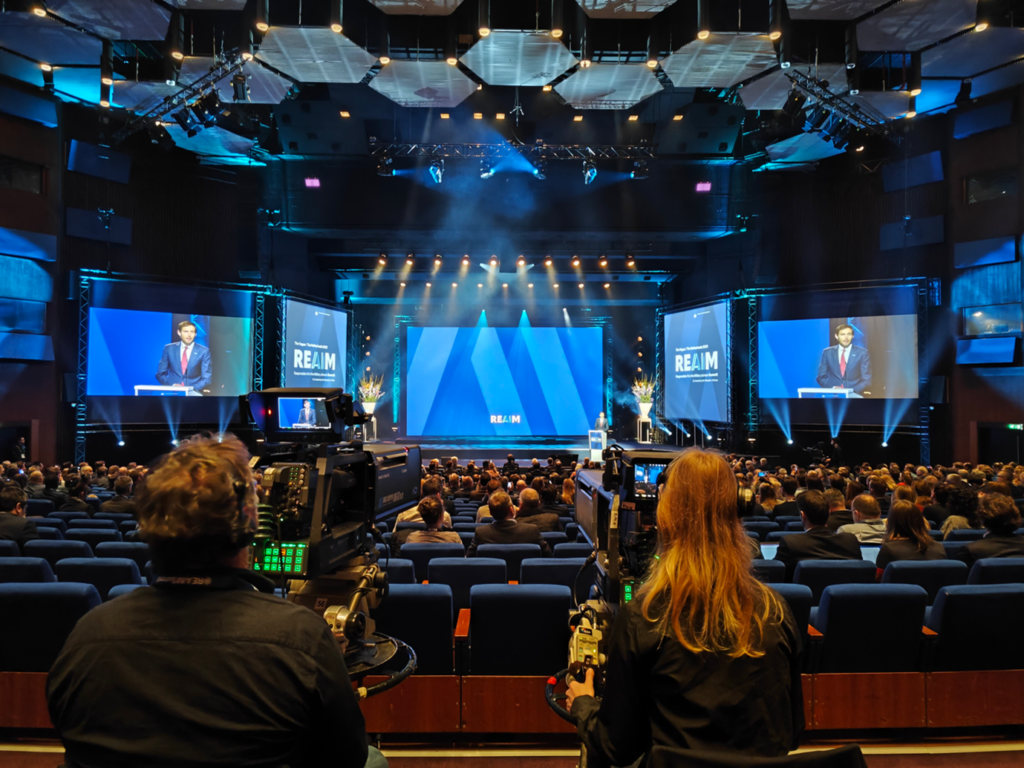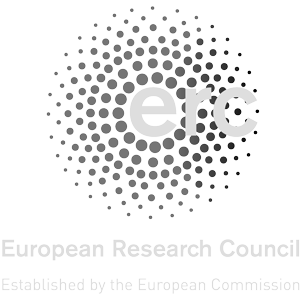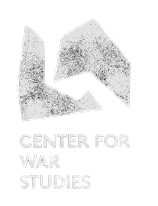Submission on Autonomous Weapon Systems to the UN Secretary General

The following is the AutoNorms project’s response to Resolution 78/241 on “Lethal autonomous weapons systems” adopted by the United Nations (UN) General Assembly on 22 December 2023. The resolution requests the UN Secretary-General to seek views, including those of Member States, civil society, and the scientific community, on “lethal autonomous weapons systems, inter alia, on […]
AI Summits and Declarations: Symbolism or Substance?

The UK’s AI Safety Summit, held on 1-2 November at Bletchley Park, has generated different types of responses from experts and commentators. Some praise it as a “major diplomatic breakthrough” for Prime Minister Rishi Sunak, especially as he managed to get 28 signatures, including those of China, the EU, and the US, on the Bletchley […]
Global Governance of AI in the Military Domain

The AutoNorms team has submitted the short paper below to the United Nations Office of the Secretary General’s Envoy on Technology. In preparation for the first meeting of the Multi-stakeholder High-level Advisory Body on AI, the Office issued a call for papers on global AI governance. AutoNorms’ submission, written by Ingvild Bode, Hendrik Huelss, Anna […]
Five Questions We Often Get Asked About AI in Weapon Systems and Our Answers

By Anna Nadibaidze and Ingvild Bode The ongoing integration of artificial intelligence (AI) and autonomous technologies in weapon systems raises many questions across a variety of fields, including ethics, law, philosophy, and international security. As part of the AutoNorms project, we have contributed to many of these discussions over the past three years, including through […]
‘Responsible AI’ in the Military Domain: Implications for Regulation

This blog is based on the regulation subpanel of the Realities of Algorithmic Warfare breakout session, held at the REAIM Summit 2023. Watch the full breakout session here. The global debate on military applications of artificial intelligence (AI) and autonomy is gradually expanding beyond autonomous weapon systems (AWS) towards the concept of ‘Responsible AI’. Proponents […]
AutoNorms at the UN GGE on LAWS in March 2023

The AutoNorms team regularly participates in meetings of the United Nations Group of Governmental Experts (GGE) on emerging technologies in the area of lethal autonomous weapons systems (LAWS). The GGE meetings take place in Geneva and bring together delegations of state parties to the UN Convention on Certain Conventional Weapons (CCW), as well as representatives […]
Has REAIM “Re-aimed” AI Applications in the Military Domain?

A positive step towards regulating the development and growing use of artificial intelligence (AI) in warfare was taken during a two-day conference in The Hague in February 2023, namely the Global Summit on Responsible Artificial Intelligence in the Military Domain (REAIM). As an initiative of the Dutch government in partnership with the Republic of Korea, […]
Regulation and Prohibition of Autonomous Weapons Systems: A Future Outside the CCW?

On 21 October 2022, Austria, on behalf of 70 states, delivered a joint statement on Lethal Autonomous Weapons Systems (LAWS) at the 77th United Nations General Assembly (UNGA), during a debate on conventional weapons. Among others, the document mentions that these states recognise the importance of focusing efforts in particular on elaborating the normative and […]
AutoNorms at the UN GGE on LAWS

In 2021-2022, the AutoNorms team participated in three meetings of the United Nations Group of Governmental Experts (GGE) on emerging technologies in the area of lethal autonomous weapons systems (LAWS). The GGE meetings take place in Geneva and bring together delegations of state parties to the UN Convention on Certain Conventional Weapons (CCW), as well […]
The UK Defence AI Strategy: Situating Global Britain in the ‘AI Race’?

On 15 June 2022, the UK Government released its new Defence AI Strategy, outlining its plans to further integrate artificial intelligence into its Armed Forces. The strategy includes objectives such as making the Ministry of Defence (MOD) an “AI ready” organisation, exploiting AI “at [a] pace and scale for Defence advantage”, strengthening the UK’s defence […]



